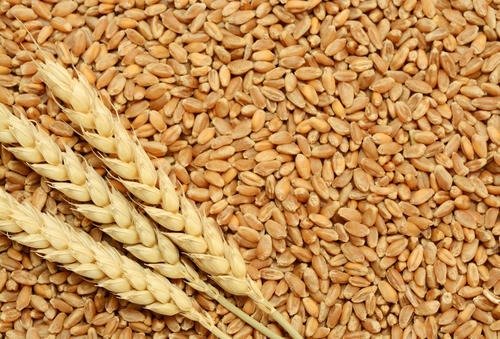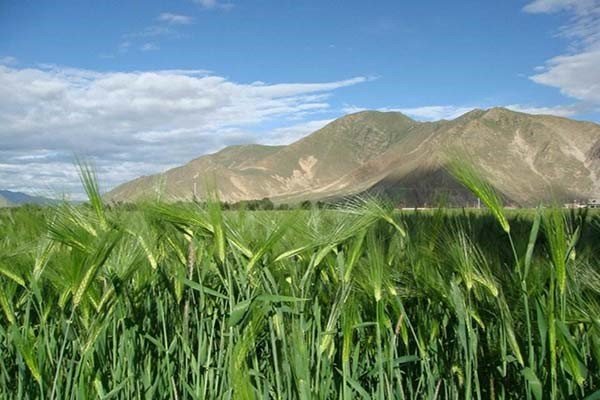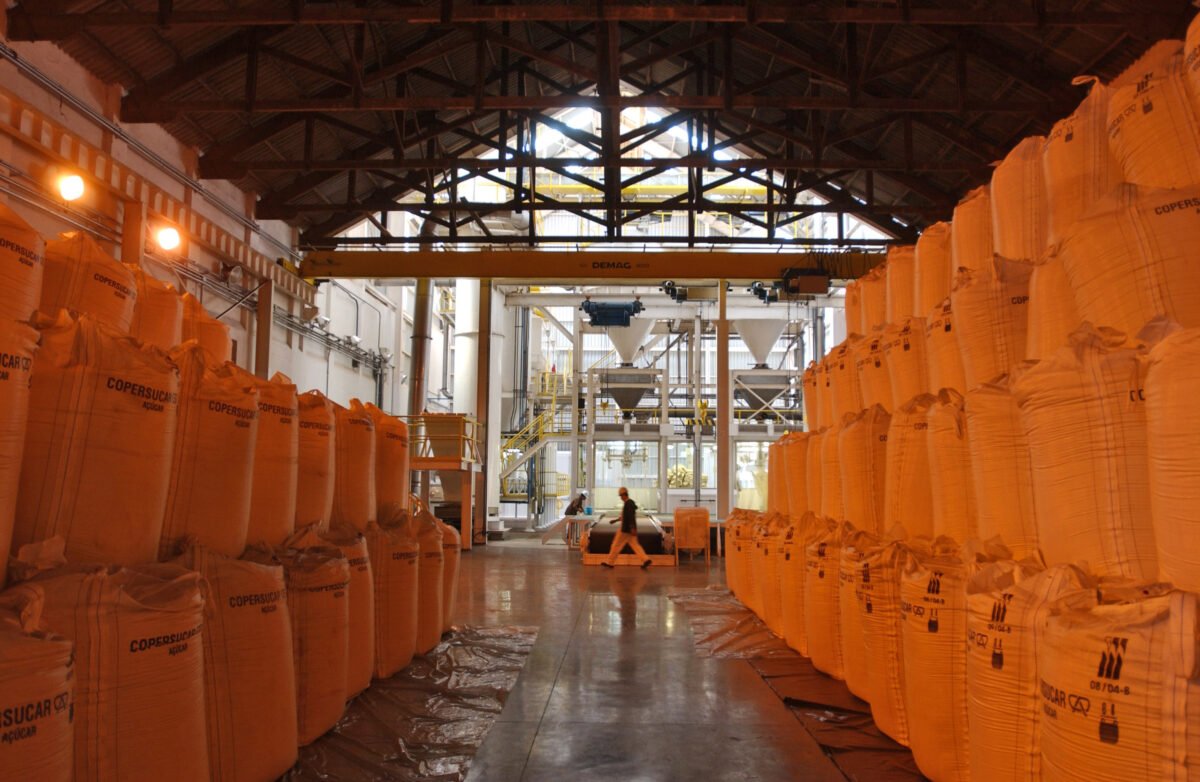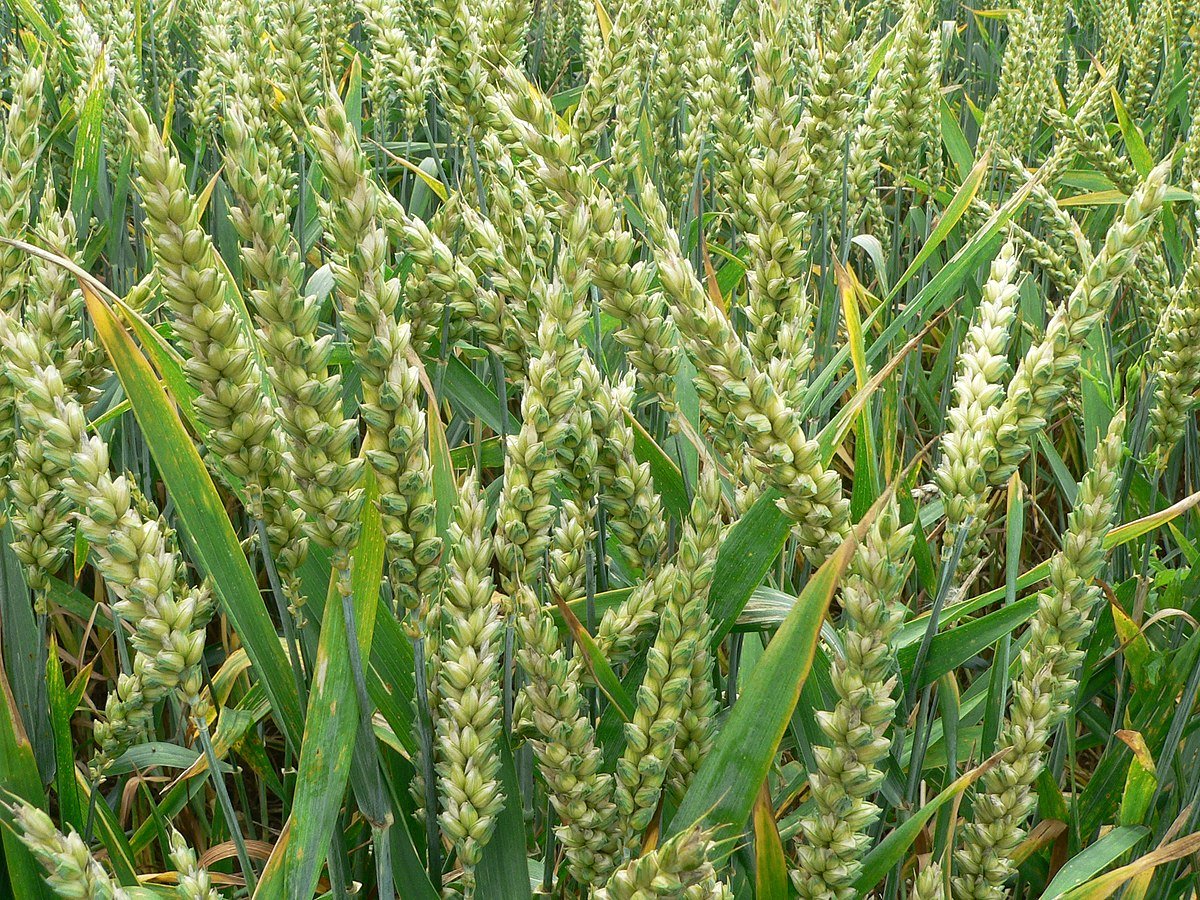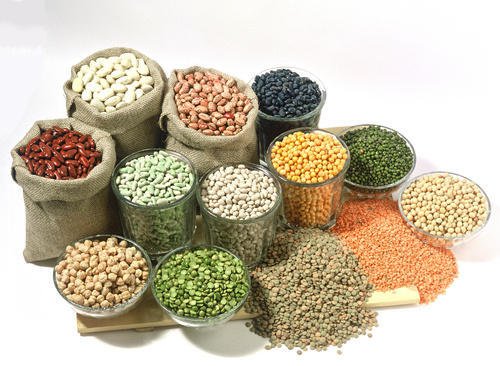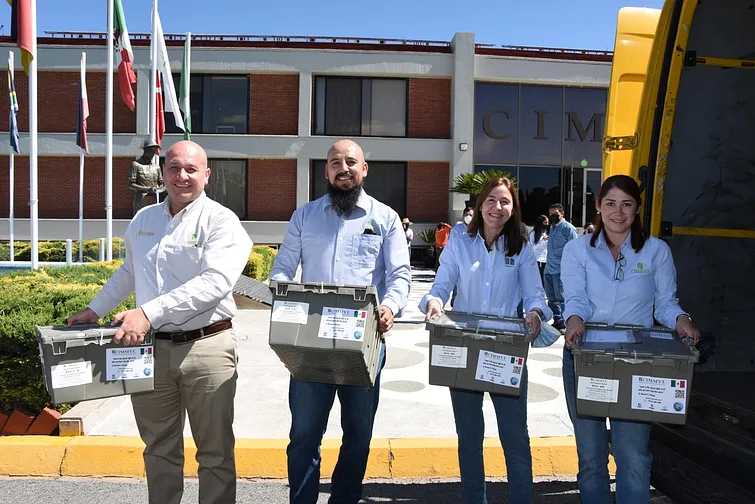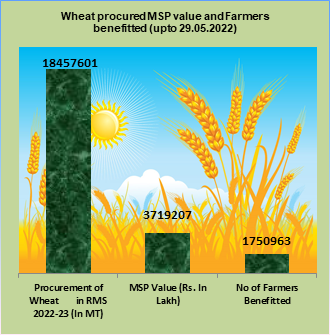Govt imposes stock limits on wheat applicable to wholesalers, retailers
15 LMT of Wheat to be offloaded in the first phase from central pool stock under Open Market Sale Scheme
In order to manage the overall food security and to prevent hoarding and unscrupulous speculation, the Government of India has decided to impose stock limits on the Wheat applicable to Traders/Wholesaler, Retailers, Big Chain Retailers and Processors for all States and Union Territories. The Removal of Licensing Requirements, Stock Limits and Movement Restrictions on Specified Foodstuffs (Amendment) Order, 2023 has been issued with immediate effect from 12th June 2023 and will be applicable until 31st March 2024 for all States and Union Territories.
Stock limits will be applied to each entity individually such as Traders/Wholesaler- 3000 MT; Retailer- 10 MT for each of the Retail outlets; Big Chain Retailer- 10 MT for each outlet and 3000 MT at all their depots and Processors- 75 per cent of annual installed capacity. Respective legal entities, as above, have to declare the stocks position and update them regularly on the portal (https://evegoils.nic.in/wsp/login) of the Department of Food and Public Distribution and in case the stocks held by them are higher than the prescribed limit then they have to bring the same to the prescribed stock limits within 30 days of issue of this notification.
Further, Central Government has also decided to offload the Wheat wherein 15 LMT of Wheat will be offloaded in the first phase from central pool stock under the Open Market Sale Scheme (Domestic) (OMSS (D)) 2023 to flour mills/private traders/bulk buyers/manufacturers of wheat products through e-auction to control retail prices of wheat. Wheat will be sold in lot sizes of 10-100 MT. Registration for this auction is open on the FCI’s e-auction platform.
It has also been decided to offload rice under OMSS in order to moderate the prices. The quantity for the first phase of the e-auction for rice will be decided shortly.
The imposition of stock limits on Wheat along with offloading of Wheat and Rice under OMSS is part of the consistent efforts made by the Government to stabilise the prices of essential commodities. The Department of Food and Public Distribution is closely monitoring the stock position of Wheat and rice to control the prices and ensure easy availability in the country.
15 LMT of Wheat to be offloaded

